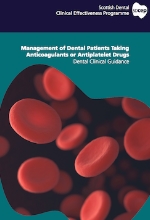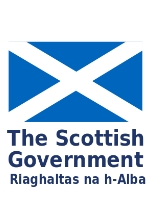Caring for Smiles is Scotland’s national oral health promotion, training and support programme, which aims to improve the oral health of older people, particularly those living in care homes.
Caring for Smiles teams are delivering training sessions across Scotland and this ‘Guide for care homes’ is designed to support this training and to be a source of best practice information and advice
on oral health issues for care home staff.
Education and training of staff play an important role in the delivery and improvement of oral care. All care staff, including supervisors and managers, are encouraged to take up Caring for Smiles training where it is available.
It is recognised that good oral health practice by staff is more likely when managers understand residents’ oral care needs and support their staff in ensuring good care is delivered.
The oral health status of Scotland’s older people is changing. Many more older people are retaining their natural teeth well into old age. As a result, the oral care needs of residents are becoming more challenging for those staff who are given the responsibility for delivering this aspect of care to dependent older people.
Thinking of oral care as basic does not accurately reflect the complex skills required to care for someone else’s mouth, especially those with physical or cognitive impairment.
The purpose of the Caring for Smiles programme is to provide care
staff with the necessary knowledge and skills to equip them to confidently and proficiently provide the best oral care for the people they look after.
This guide is an important element of the Caring for Smiles training programme and should be used by care homes to complement the training delivered by NHS Caring for Smiles teams.
Some care homes will have an oral health champion who may have the responsibility of delivering in-house training to colleagues.
This guide will support this by ensuring the content of in-house training is up to date and reflects current best practice. The learning outcomes linked to the training are included in the appendix for this purpose.
The guide covers the core oral health knowledge that care staff will need to know, together with sections on practical skills required to deliver good oral care. It also has sections on dementia and care-related stress and distress, on assessment and care planning, and on the vitally important mouth care needs of people receiving palliative and end-of-life care.

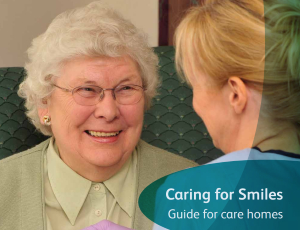


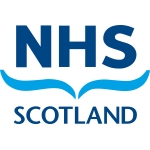
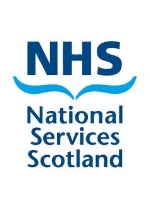
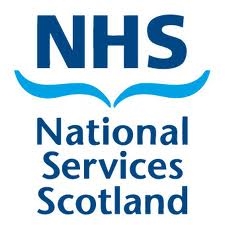
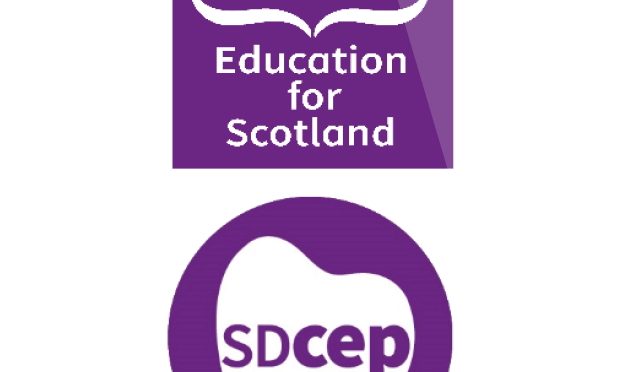
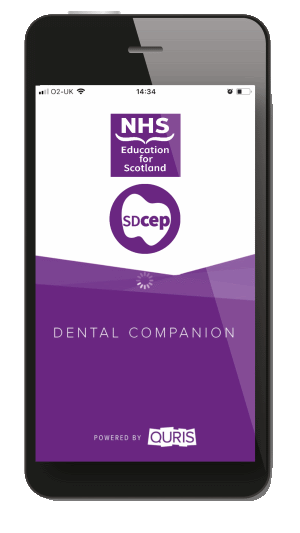
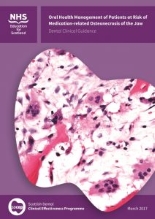
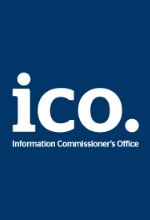

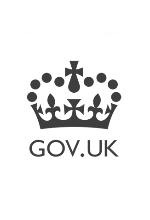

![Oral Health Promotion-general dental practice NICE guidelines [NG30]](https://www.scottishdental.nhs.scot/wp-content/uploads/2014/12/NICELogo.jpg)
